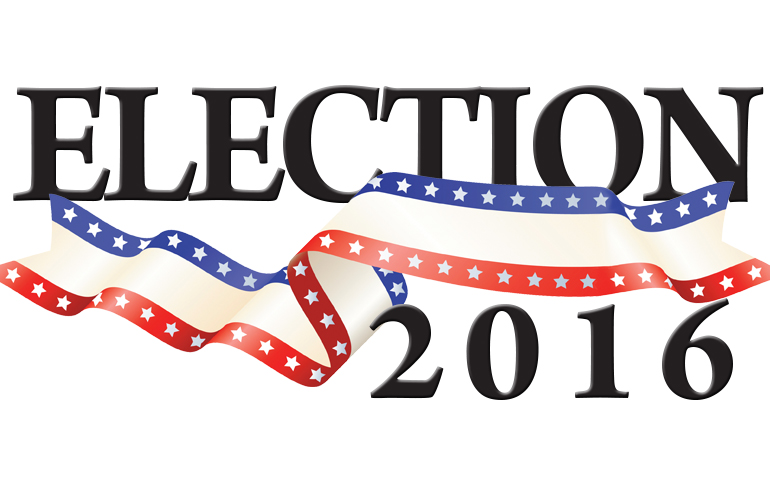It’s rare when opposing legislative candidates agree on how to improve the Interstate 5 corridor in a Columbian editorial board meeting.
But on Wednesday, three candidates vying to represent the 18th Legislative District found common ground when discussing one of the region’s more controversial topics.
Justin Oberg, a Democrat running for the House seat, said it’s important to prioritize the Interstate 5 corridor and ease congestion before considering building other bridges. Oberg said he’s “not completely on board with light rail,” but the bridge should be light-rail ready.
Incumbent Rep. Brandon Vick, R-Vancouver, added the federal government needs to do its part.
“The number of semis on the road has gone through the roof,” Vick said, adding, “I agree, Interstate 5 is where we start.”
Lisa Anderson, an independent Democrat running for the seat, echoed their sentiments and added the bridge design needed to be better than the now-defunct Columbia River Crossing project design.
For the most part, that’s where the similarities end. Vick, who pointed to his perfect attendance record while serving two terms in the Statehouse, is not in favor of increasing the minimum wage. Vick also touted his seat on the Legislative Ethics Committee and said the state is in a good position to tackle its most pressing problem: solving the chronic underfunding of the public school system.
“(The) solution is a levy swap,” Vick said, adding, “the state will take on a bigger portion of the level of basic education.”
There have been several iterations of levy swap proposals floated in the state Legislature. A levy swap would primarily move local levy money into the state budget by redistributing local property tax dollars.
Oberg, who works as a small-business financial consultant, said the state needs a two-pronged approach. First, it needs to be more efficient in how it spends its dollars. Second, it needs to examine the tax loopholes on the books and close those that are no longer working.
Choosing which tax incentives to end could mean some industry leaves the area, Oberg said.
But it’s “risk that or risk not having a generation of educated students that are able to perform in our marketplace.”
Anderson, a Brush Prairie organic farmer who is opposed to genetically modified foods, said school funding is a struggle nationwide and not an emergency in Washington state. She doesn’t support a capital gains tax, but favors looking at current tax breaks. She added that state revenues are growing every year.
If re-elected, Vick said he will continue to push his legislative effort called “right to try” law. The measure would allow eligible patients to undergo treatment with experimental drugs that don’t yet have government approval. Vick believes the bill could save the lives of patients who can’t wait for the drugs to be fully vetted. Vick is not in favor of taxing carbon and said he’ll continue to support small businesses as a state lawmaker.
Oberg said it’s time for a change of leadership and if elected, said he would prioritize replacing the aging Interstate 5 Bridge and work to fully fund education.
Anderson said the state needs to continue to move away from fossil fuels and be a steward of the land. She described herself as a fiscal conservative.




